Slang is a vibrant aspect of language that evolves over time, reflecting the cultural and social contexts of different eras. Some slang terms may have faded from common usage, but their origins and meanings offer insights into the history of language and society. Let’s explore the origins and meanings of 10 old slang terms that have left their mark on the linguistic landscape.
1. Groovy

Originating in the 1960s counterculture movement, “groovy” was a term used to describe something as cool, fashionable, or enjoyable. It encapsulated the spirit of the era, characterized by experimentation, social activism, and a rejection of traditional norms. While its usage has waned over the years, “groovy” still evokes a sense of nostalgia for a bygone era of peace, love, and psychedelic music.
2. The Cat’s Meow
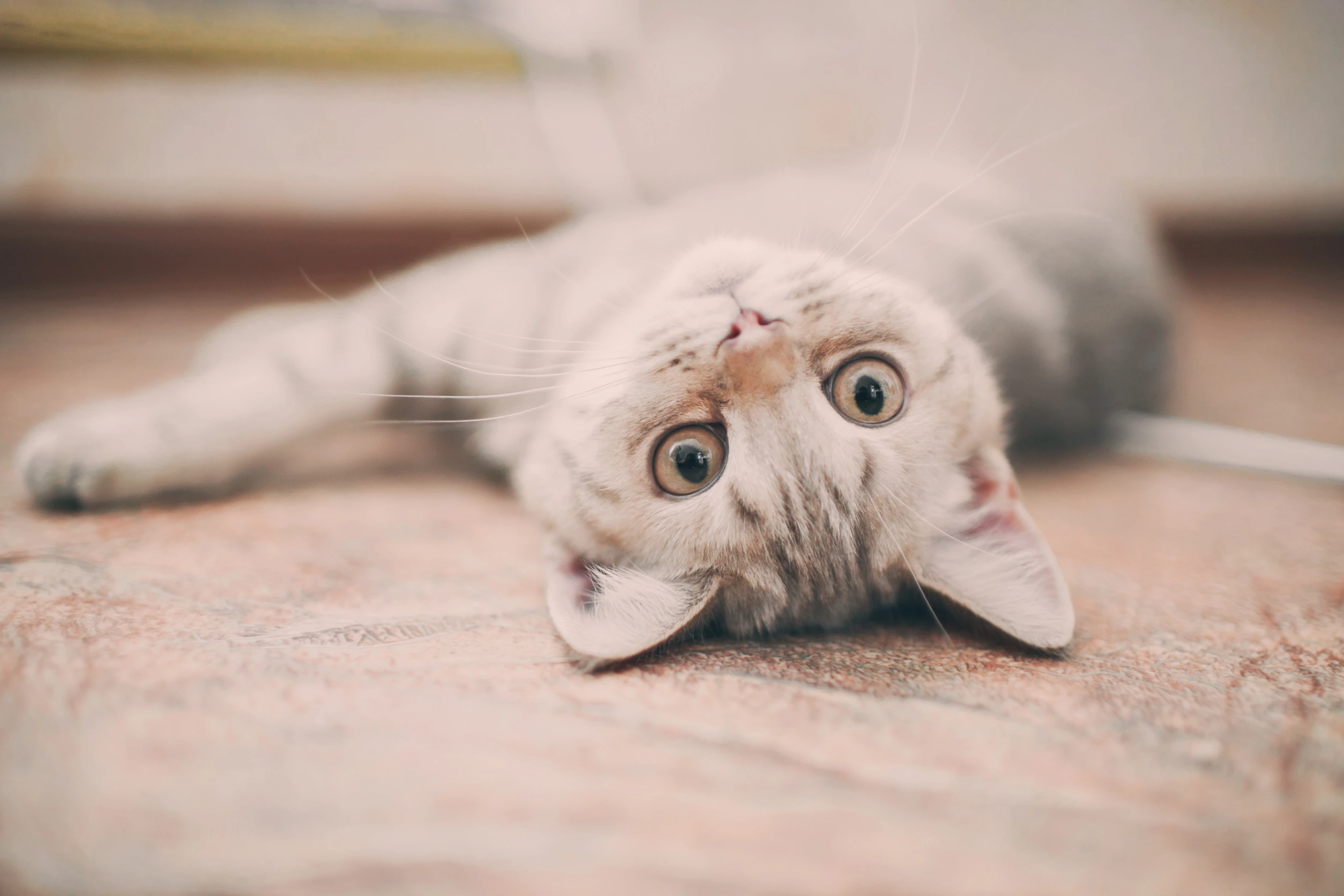
During the Roaring Twenties, a period of prosperity and cultural innovation, “the cat’s meow” became a popular slang term to describe something as excellent or outstanding. The phrase likely originated as a playful exaggeration, comparing the small joint of a cat’s leg to something of exceptional quality. Despite its age, “the cat’s meow” continues to be used ironically or nostalgically, adding a touch of vintage flair to contemporary conversations.
3. Hotsy-Totsy
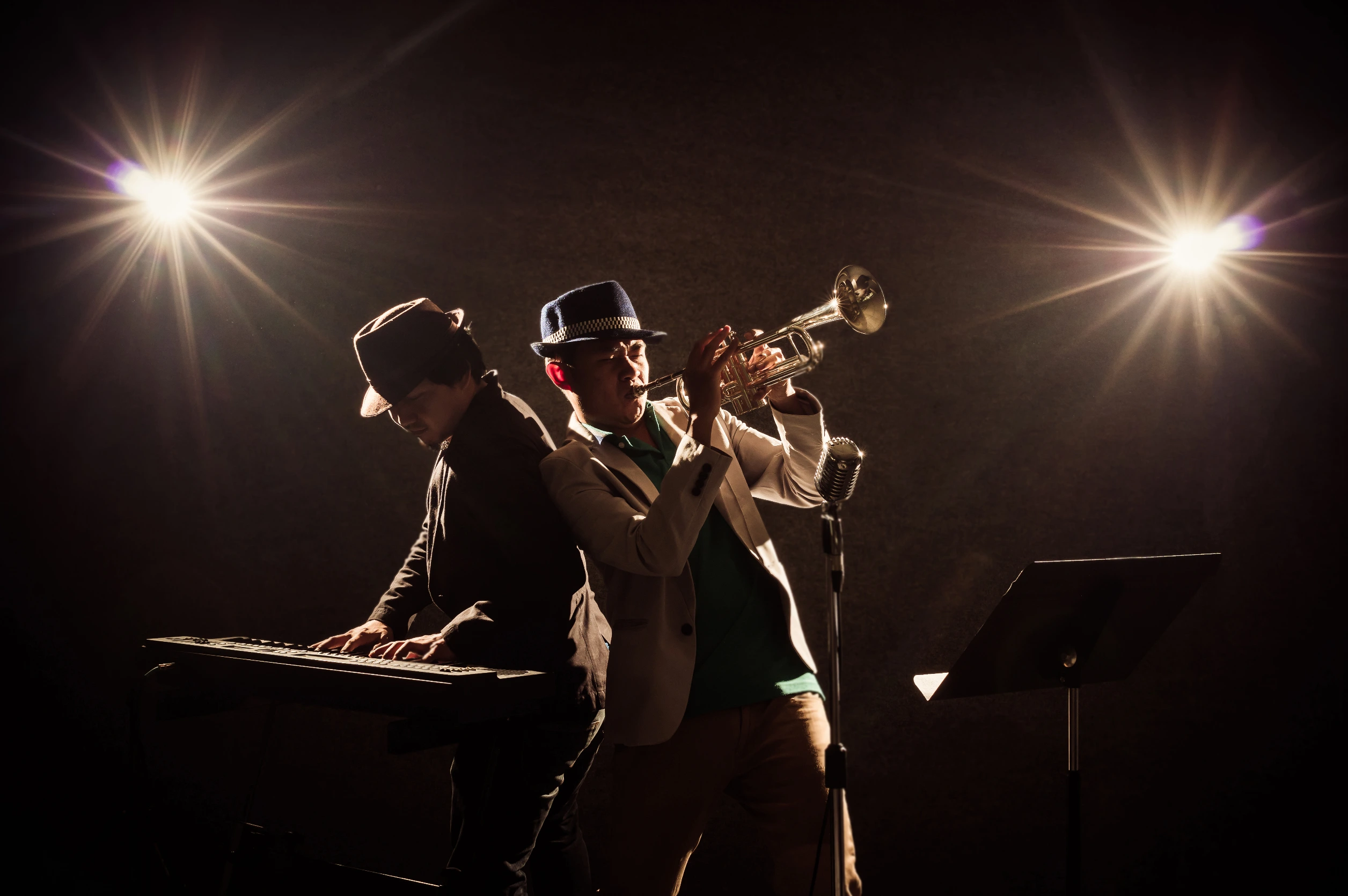
Another slang term from the Roaring Twenties, “hotsy-totsy” was used to describe something as excellent, perfect, or satisfactory. It reflected the carefree spirit and hedonistic lifestyle of the era, characterized by jazz music, flapper fashion, and Prohibition-era speakeasies. While less common today, “hotsy-totsy” serves as a charming reminder of the exuberance and glamour of the 1920s.
4. Ducky
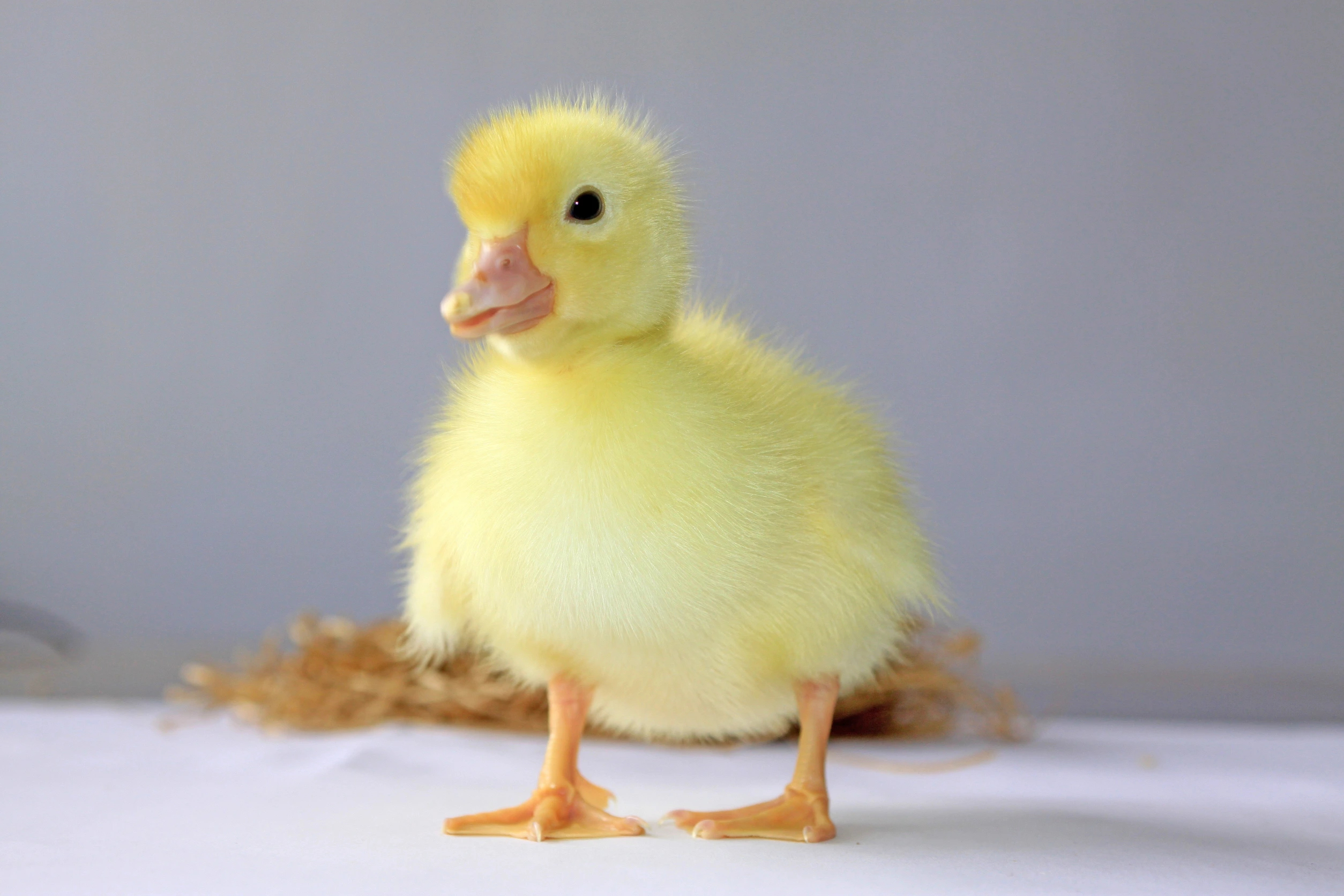
Popularized in the 1950s, “ducky” was a slang term used to express approval, contentment, or satisfaction. It reflected the post-war optimism and prosperity of the era, characterized by economic growth, suburban expansion, and a newfound emphasis on leisure and consumer culture. While “ducky” may sound dated to modern ears, it serves as a reminder of a time when life seemed simpler and more carefree.
5. Gag me with a Spoon

Originating in the 1980s Valley Girl subculture, “gag me with a spoon” was a sarcastic expression of disgust or disdain. It epitomized the era’s fascination with materialism, superficiality, and exaggerated speech patterns. While the phrase may sound comically outdated today, it remains a nostalgic relic of the 1980s pop culture zeitgeist.
6. Hunky-Dory

With its origins in 19th-century American slang, “hunky-dory” evolved to mean everything was going smoothly or as planned. It reflected the optimism and resilience of the American spirit during times of adversity, such as the Civil War and the Great Depression. Today, “hunky-dory” may be used to convey a sense of reassurance or satisfaction, harkening back to simpler times.
7. Far Out

A product of the 1960s counterculture movement, “far out” expressed admiration or astonishment at something unconventional or avant-garde. It captured the spirit of experimentation and openness to new ideas that defined the era, from psychedelic music to political activism. While its usage has waned, “far out” remains a nostalgic nod to the era’s spirit of rebellion and self-expression.
8. Rad

Popularized in the 1980s by surfer and skateboarder subcultures, “rad” was shorthand for “radical,” conveying excitement or approval. It embodied the era’s emphasis on extreme sports, youth culture, and rebellion against mainstream norms. Today, “rad” continues to be used ironically or nostalgically, conjuring images of neon colors, mullet hairstyles, and cassette tapes.
9. Copacetic

Originating in African American Vernacular English in the early 20th century, “copacetic” meant everything was in order or satisfactory. It reflected a sense of contentment and acceptance in the face of adversity, echoing the resilience and resourcefulness of marginalized communities. While less common today, “copacetic” endures as a reminder of the rich linguistic heritage of African American culture.
10. Swell

“Swell” was a popular slang term in the mid-20th century, used to describe something as excellent, wonderful, or impressive. It reflected the optimism and prosperity of the post-war era, characterized by economic growth, technological advancements, and the rise of consumer culture. While its usage has declined in recent decades, “swell” remains a charming relic of a bygone era.
Shape Different Eras

These old slang terms offer a glimpse into the cultural and linguistic tapestry of the past, revealing the attitudes, values, and trends that shaped different eras. While some may have fallen out of use, others endure as cherished relics, adding depth and color to our language and understanding of history. As language continues to evolve, it’s important to appreciate and preserve the legacy of these old slang terms for future generations.
The post The Evolution of Slang: 10 Old Slang Terms Explained appeared first on The Free Financial Advisor.





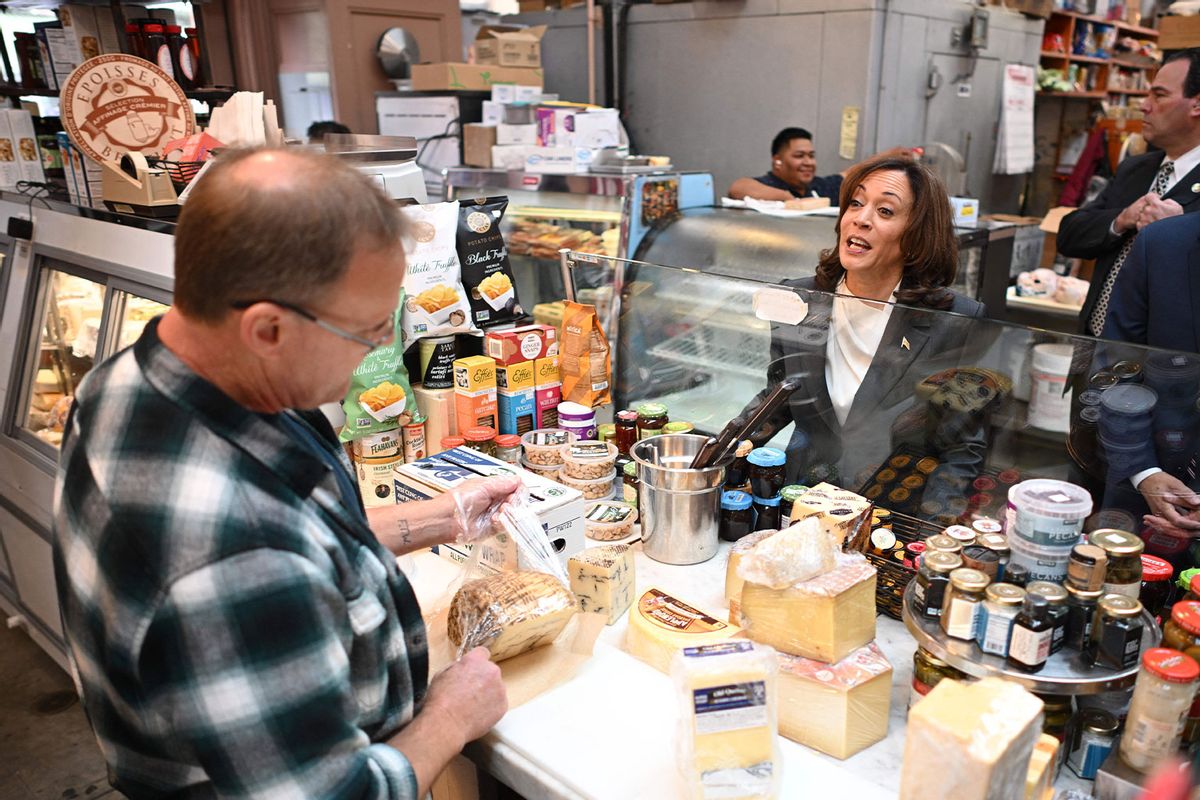


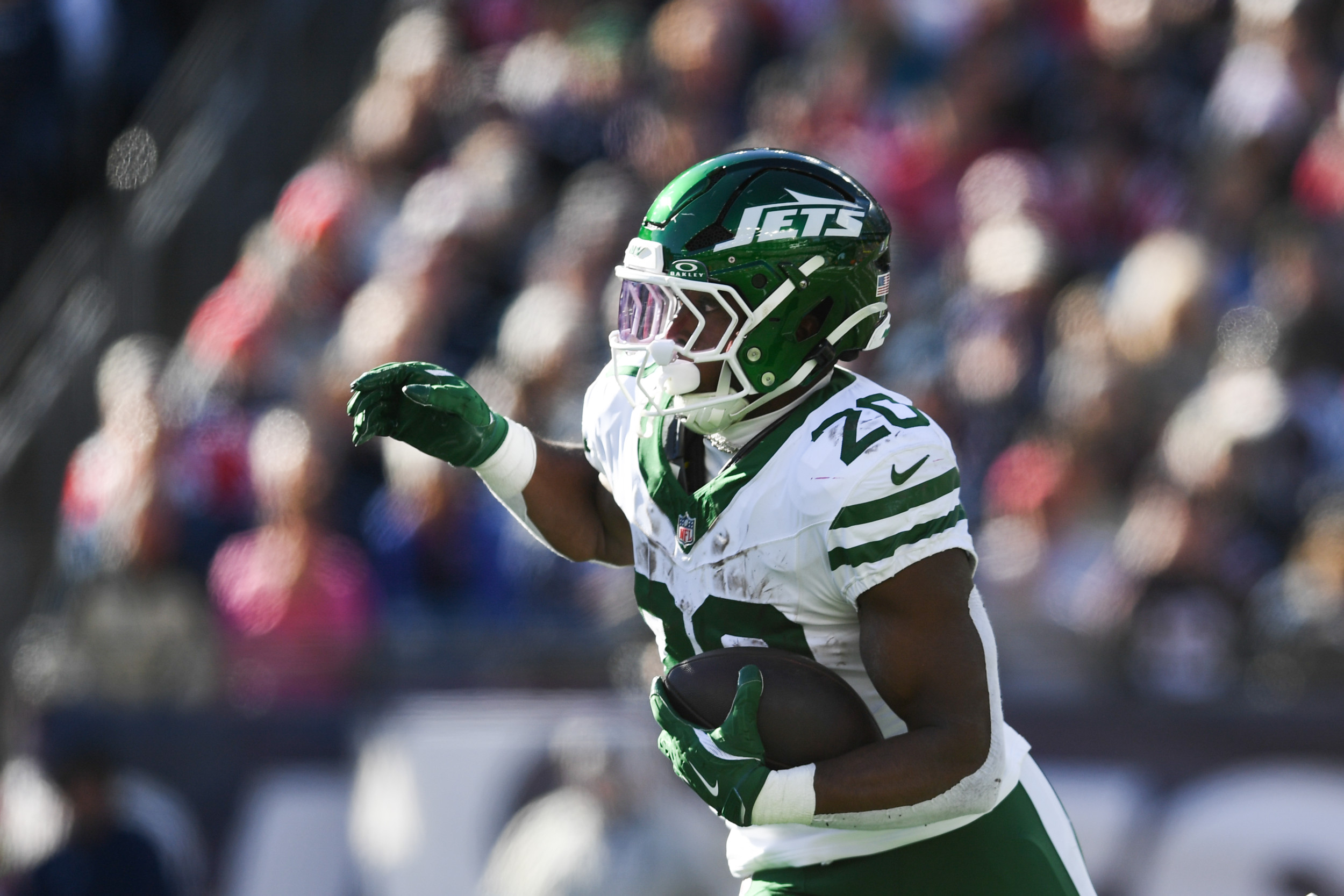











Discussion about this post